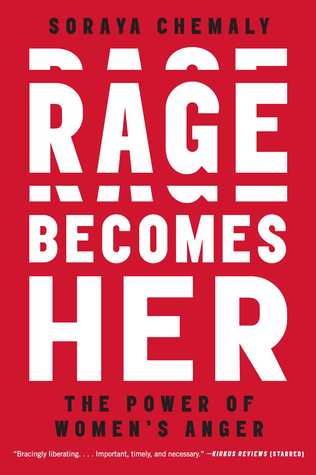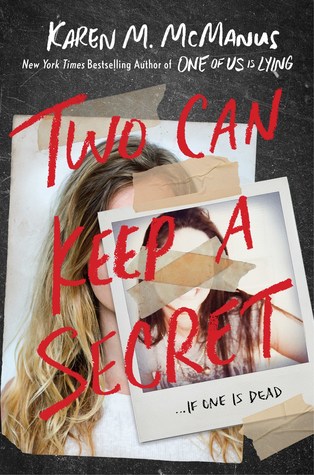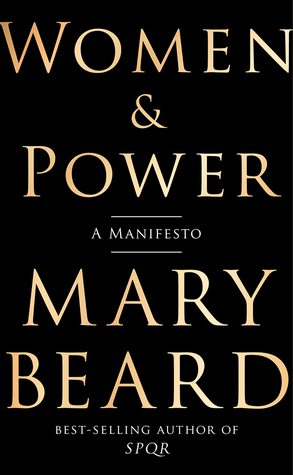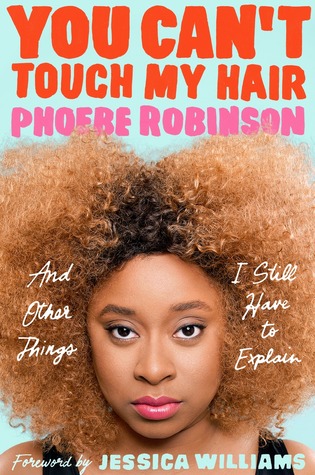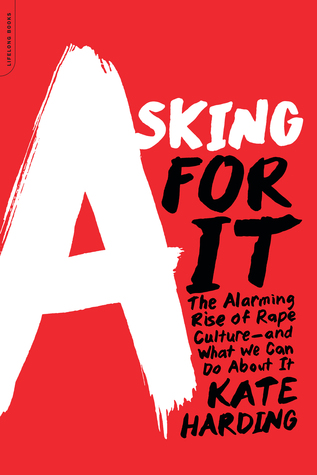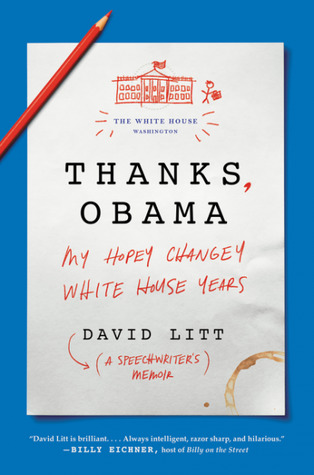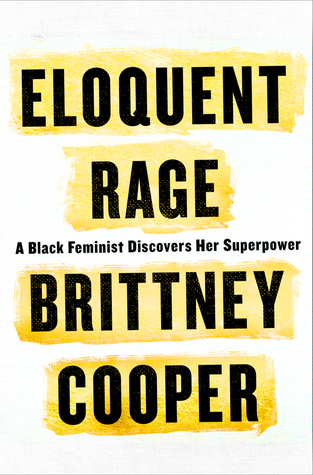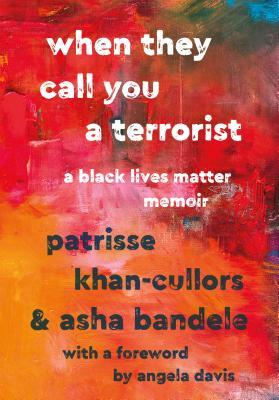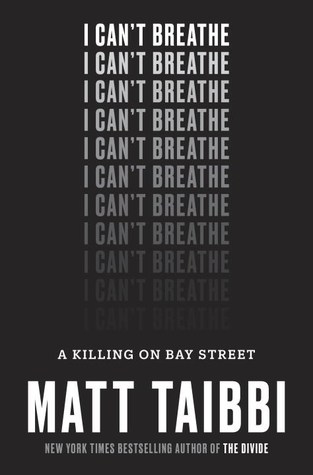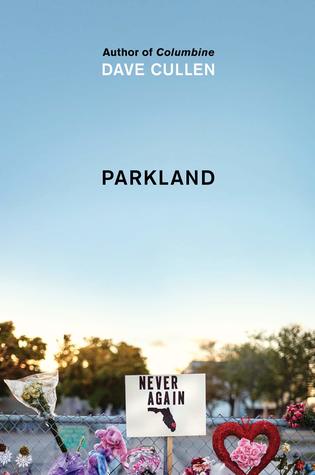Columbine: 4 Stars Parkland: 5 Stars
FYI: This is probably one of the most emotional posts you will find on my blog, as this is a topic that constantly enrages me. When we accept that dead kids are the side effect of everyone being able to have as many fucking guns as they want without some serious gun law reform, there's a problem. Seriously, no one wants to take your guns - unless you're a psychopath. Then fuck yeah, we are taking your guns. But really, truly, all we want is for people to stop the constant barrage of senseless gun violence. I don't think that is too much to ask. Anyway, as this is a topic I get heated about, you will find some (many) tangents if you stick around until the very end. And f-bombs. I apologize for neither.
This April will mark the 20th anniversary of the school shooting that ushered in the era that we find ourselves in today. Columbine was of course not the first school shooting, but it was the one with an unimaginable body count at the time - 13. Now I doubt Columbine even cracks the top ten when it comes to deadliest shooting sprees.
And guess what?
NOT ONE FUCKING THING HAS CHANGED.
Not for the better, anyway. Kids are still dying in schools. People are dying in churches and theatres and at concerts. When we accepted Newtown, and silently agreed that the Second Amendment was more important than all those young lives lost, we lost our soul.
FUCK YOU AND YOUR GUNS. SERIOUSLY.
If those who are fanatic about owning guns would actually listen to what is being suggested, they would realize that no one is "coming for their guns". Anyone who is a law-abiding citizen should have no problems with expanded background checks. You'll still get your guns and ammo and be able to hunt and shoot targets until your heart is content. But we have to do SOMETHING about those who are getting guns and should most definitely NOT have them. There has to be a solution because I for one DO NOT ACCEPT that the murder of six and seven year olds is okay.
Since Columbine, there have been countless other mass shootings. Not only at schools, but at concerts, in movie theatres, in houses of worship, and more. Yet one must only hear the word 'Columbine' to KNOW, to be transported back to April 20th, 1999. I will never forget where I was - walking into school at around 6 PM, just returning from a track meet at another school. I was a sophomore and I stared in awe at the television still on in the front lobby, watching the news footage in horror as Patrick Ireland struggled to get out the second story window of the school's library. I see it just as clearly in my head now, as if I were watching it again.
I have put off writing this review for a long time. First, it was because Columbine was such a tragic, horrific event. As a high school student at the time, those memories and fears come back to the surface very easily. That, coupled with the knowledge that Columbine was preventable had people just been paying attention to what the murderers were doing, makes this subject so hard to talk about, even though we MUST have these conversations and MUST get to a solution.
Once I heard that Cullen was writing about Parkland, I then decided to put off the Columbine review even longer, because I wanted to review them together and see the differences - of which there were many. Both books are as excellent as they are different. Columbine was about the killers, the hows and whys this happened. Parkland though, not so much. We know the whys and the hows. This one is different, it's about the potential for change. For one, the killer's name is never mentioned. This is an approach I wish all reporters and newscasters should take when reporting on this subject. It pains me to even type that sentence, knowing we are at any given time not far off from our next preventable mass shooting. If we would focus on the victims and survivors, and forget the name of the monster who went on a rampage, I think we'd be a lot better off. I also discovered as I was reading that when Cullen made a point to say that he was not going to use the killer's name, I racked my brain trying to remember it. I couldn't. I still can't and have no interest in doing so. He doesn't matter. But I know who David is, and Emma, and Jaclyn, and Cameron. I know the names of the victims, of the teachers who protected their students and ultimately lost their lives in doing so. They are the ones who should be remembered and this is a lesson that the media would do well to take to heart.
There are parts of Cullen's book on Columbine that I find problematic. While I do not doubt Eric Harris was, in fact, a psychopath (um, hellooooo police, his website was horrifyingly descriptive), I also believe that bullying was an issue. I agree that he didn't just snap one day, as it was shown that he and Klebold meticulously planned this for over a year. But I have read several accounts of Columbine and there are several instances where friends of the two talked about being bullied. Harris even talked about it in one of his journals:
"Everyone is always making fun of me because of how I look, how fucking weak I am and shit, well I will get you all back: ultimate fucking revenge right here...I have practically no self-esteem, especially concerning girls and looks and such..."
Even so, it is not en excuse for what he and Klebold did. Personally, Klebold is much harder for me to figure out because he seems like the more complicated one. That he was depressed seems so obvious, but the glee that he shared with Harris about planning this and carrying it out does not exactly jive with the whole 'follower' idea that some have of him. I recall a line from the book that was something like, "Eric went in the building to kill, Dylan went in to die" or something similar. This statement makes some sense, but then does not explain why Klebold shot students as indiscriminately as Harris did. He participated in the gathering of supplies and building of bombs. This was no game to them, they were serious and intended to kill as many people as possible. Still, both killers at one point or another think about the impact this will have on their own families after their deaths. Neither had any anger toward their parents for anything, and essentially remark in their journals and the videos they made leading up to April 20th, 1999 that the aftermath will be hard on them and they're sorry for that.
What completely baffles me about this whole situation, is that again, it was completely preventable. When Harris made it his mission to target one of Klebold's friends (and formerly his own friend as well - Brooks Brown), NOTHING WAS DONE. The police had reports of Harris' behavior, his website even where he raged about everything that pissed him off, and his very specific threats against Brown were enough to get a search warrant drawn up and signed. And what happened with the warrant, you might ask? Nothing. Not a damn fucking thing. It was never used. Such complete and utter bullshit. Harris pretty much came right out and said he hated everyone, he thought he was smarter than everyone and thus it does make sense that the plan would target a large group, not just those who bullied him and Klebold. Klebold's journals are vastly different from those Harris wrote. This is in no way an attempt to humanize Klebold, he was a murderer just as Harris was. But he also seemed like he could have been one to easily manipulate into going along with a plan like this. Maybe manipulate isn't the right word, and I am struggling with what to go for here. Maybe the depression made him eager to set the plan in motion so he could have an excuse to kill himself. I don't know. I don't understand the mind of someone like this and I don't even want to try.
Touching on the issue of the warrant never being executed, I also learned more about the police response, and how even after kids were coming out of the building and saying that Klebold and Harris were dead in the library, officers still waited. Dave Sanders bled to death as his students desperately tried to keep him alive, tried to get the attention of the officers outside that they needed immediate help, and that help never came. It is appalling, yet something we would also see play out at Parkland. Not only did the school resource officer not go in, but the first responding officers didn't either. So many more lives lost in an already senseless tragedy.
Cullen does try though, and for all his reporting on, studying, and wanting to make sense of this horrific tragedy, by the time Parkland came around he had developed secondary PTDS. Columbine never left him, from the earliest days when he was on the scene reporting on its immediate aftermath. So when it came to writing about Parkland, I am not surprised on his choice of what to focus on, for two reasons. The first reason being, of course, the survivors and students who became activists immediately, as in the same day that 17 people were murdered on campus. The second reason being that PTSD is real and no joke. Revisiting events over and over and over, even if you did not experience them, can be traumatizing. (It is something teachers are taught how to deal with as well in so many of our professional development days. You would not believe some of the stories I carry in my heart that my students have told me over the years. They are heartbreaking and unimaginable.)
So, while Columbine is a minute-by-minute account of everything that lead up to the shooting and all that came after, Parkland: Birth of a Movement is just as the title implies. It is the story of children, entering young adulthood, tired and traumatized and understanding that the adults in power are not going to do anything to protect them or any other kids from becoming the next Columbine, the next Va Tech, the next Newtown, and on and on and on. These kids mobilized and sprang into action and I am in awe of this generation. Despite what the trolls at Faux News would have you believe, these young people are brave and intelligent and will change the world. I felt such pride in reading about all that they took on, the planning and organizing and creating a movement that very well could finally begin to chip away at the stranglehold that money has on politicians. It won't be easy, and it will be years before we see big change, but we will see change - I firmly believe that. I think it is also important to consider just how much of a threat that Faux News and their minions consider these young ones, considering the amount of words wasted on attacking them and their ideas. If they were not a threat, you know those idiots would not have wasted their precious air time in going after them. Viciously. Repeatedly.
It didn't really matter to the Parkland kids though because they were ready and they came out swinging, as demonstrated by an early line in the book on page 6:
"There were no vacant stares from the Parkland survivors. This generation had grown up on lockdown drills - and this time, they were ready."
They shouldn't have to be ready. Kids should not be afraid to go to school. We've got kids saying 'Stop killing us', we've got African-Americans saying, 'Stop killing us', and yet we can't figure out a solution? What a bunch of fucking bullshit. Gun laws that make sense would be a good place to start. While we're at it, let's de-stigmatize mental health issues. There are so many things going into this, but those are the two best places to start. Speaking of bullshit, don't come at me with incorrect information. Time an again people arguing against gun laws make stupid claims like, "Chicago has super strict gun laws and look at the crime there!" Yeah, you know why? Because laws RIGHT NEXT DOOR IN INDIANA ARE NOT AS STRICT. It's not rocket science, morons. The guns are coming from places where the laws are more lax. If gun laws were the same across the board, in all fifty states, this would decrease some of that flow into Chicago and other cities too that have strict laws and still see horrifying amounts of gun violence.
Another quote from Parkland really got to me and caused me to reflect not only on the sad state of affairs in our school system today, but the fact that both my daughter and I go every day into public schools and somewhere in the back of my mind, I am always thinking about the what-ifs.
"The Columbine survivors had never been trained in lockdown drills. They had never heard the term. They didn't rise up against the epidemic of school shooters because they had no idea it had begun. The surviving students were in their late thirties now. The faculty were retired or approaching it" (page 231).
This makes me so incredibly sad. I hate that both as a mom and a teacher, that children have to know what to do if there is a threat inside the building. I hate that it is something my baby had to learn about in pre-school. A four year old should not have to deal with that and the ensuing questions about, "What did my teacher mean by maybe a bad guy comes into school?" Those questions are FUCKING AWFUL and I tried not to cry while answering them. I tried to explain as best I could to my sweet little girl that sometimes we need to practice being safe at school and always following our teacher's directions so we keep ourselves safe, just like we practice for fires and tornadoes. With my students, a mix of 3rd, 4th, and 5th graders, we had a class discussion the morning after it happened. Some had seen the news but didn't understand it all, some had seen the news and knew all too well what it meant, and some had no idea what we were talking about. Keep in mind, my students are all diagnosed with a behavior disorder/emotional disturbance. Those diagnoses are often coupled with ADHD, ADD, ODD, SLD, PTSD, Bi-polar Disorder, and/or a whole slew of other acronyms. I explained that a former student had gone into a school building in Florida and shot many people. Seventeen of them died. What was so disheartening is that some of the students did not even care. Some shrugged their shoulders and zoned out. Now, it is also true that at least some of my students' lives have already been touched by some kind of violence, whether it is gun violence or otherwise. Some of them are already jaded in regards to that topic, and they're not even out of elementary school yet. Some even say they would fight the shooter. I ask how, when he or she has a gun. They have no plan, just that they would "totally beat him up". Yeah, sure, okay. I then switched gears and we talked about what would happen if we had to go into a lockdown. We have someone designated to turn off the lights while I lock the door, and then we sit in a back corner, out of sight. Those were the instructions given anyway, but I added something else to it, because I'll be damned if we're just going to sit there like lambs, waiting for slaughter. I've instructed students every year that while we have to be absolutely silent, everyone needs to grab something that is light enough for them to be able to throw, and throw across the room, but heavy enough to do some damage were someone to ever enter our room. I have never been so thankful to have so many students who are so flawless at throwing chairs. Some of the kids understood right away, that if everyone had something to throw, that would give enough kids some time. Some of us could make it out. SOME being the operative word. Most accepted this without a word. Another piece of the puzzle that breaks my heart. But, there is still another part to the plan, as each time a mass shooting happens I objectively survey my classroom and each time am met with the harsh reality in that there are simply not enough places to hide ten kids and three adults. And we are on the second floor. Again, I am lucky in that we have a few students who are really good at breaking things, so popping the screen off the window has not been an issue for the three years we have been in the room. I've said without much explanation that, should it come to that, the minute we know it is safe outside (our room overlooks the main entrance to the building), we are busting out that window and everyone is going out. Broken legs and arms be damned, I will do whatever I have to so that as many of my students as possible survive. And I really hope I never have to drop any of them out the window.
As you can see, this topic is very close to my heart. I also hate the fact that my daughter and I are not in the same building, but there is nothing I can do about that for the time being. Eventually though, I will make sure that happens.
Cullen spent so much time getting to know these kids, getting to the very heart of their mission. It has to be remembered and stated again and again, they are not advocating for all guns to be taken away. Literally no sane person is saying that. Instead, they are asking the adults in charge to do their jobs and attempt to make our country a marginally safer place. (Spoiler Alert: Arming teachers is NOT the answer. Fuck off with that bullshit.) These young adults have had to take matters into their own hands because they, the generation who has only known lockdown/active shooter drills as a regular part of their lives, saw that no one else was willing to actually stand up to the NRA and its money and demand change. I've said it before and I will say it again: the moment was accepted the murders of those babies at Sandy Hook, our country lost its soul. These kids KNOW, though. They know the world can change, that our country can change. They know it won't be easy, that it may not even happen in the next five years. But it WILL happen.
I deeply appreciate that Cullen remained an observer, even while in the trenches with the kids, covering event after event after event with them. By now Dave Cullen is regarded by fellow media members as one of the top journalists to call on when a mass shooting occurs. While I don't think it is a job that anyone would really want, Cullen is the consummate professional. He lets the story tell itself, gives the survivors and activists room to breathe and tell their story and be kids and be heard. He does not inject his own opinions into the narrative about any of the topics, be it gun control, mental health, whatever. The Parkland kids run the show and he documents it. Time and again I was struck by the courage and resiliency of the students, and I was inspired and hopeful for the future. They have shown the world what a few people with a big idea and the drive to accomplish what they set their minds to can do. I don't know any of them, but I am proud of what they have accomplished so far, and am greatly interested in seeing where they will go next to achieve their goals.
Highly, highly recommended.



